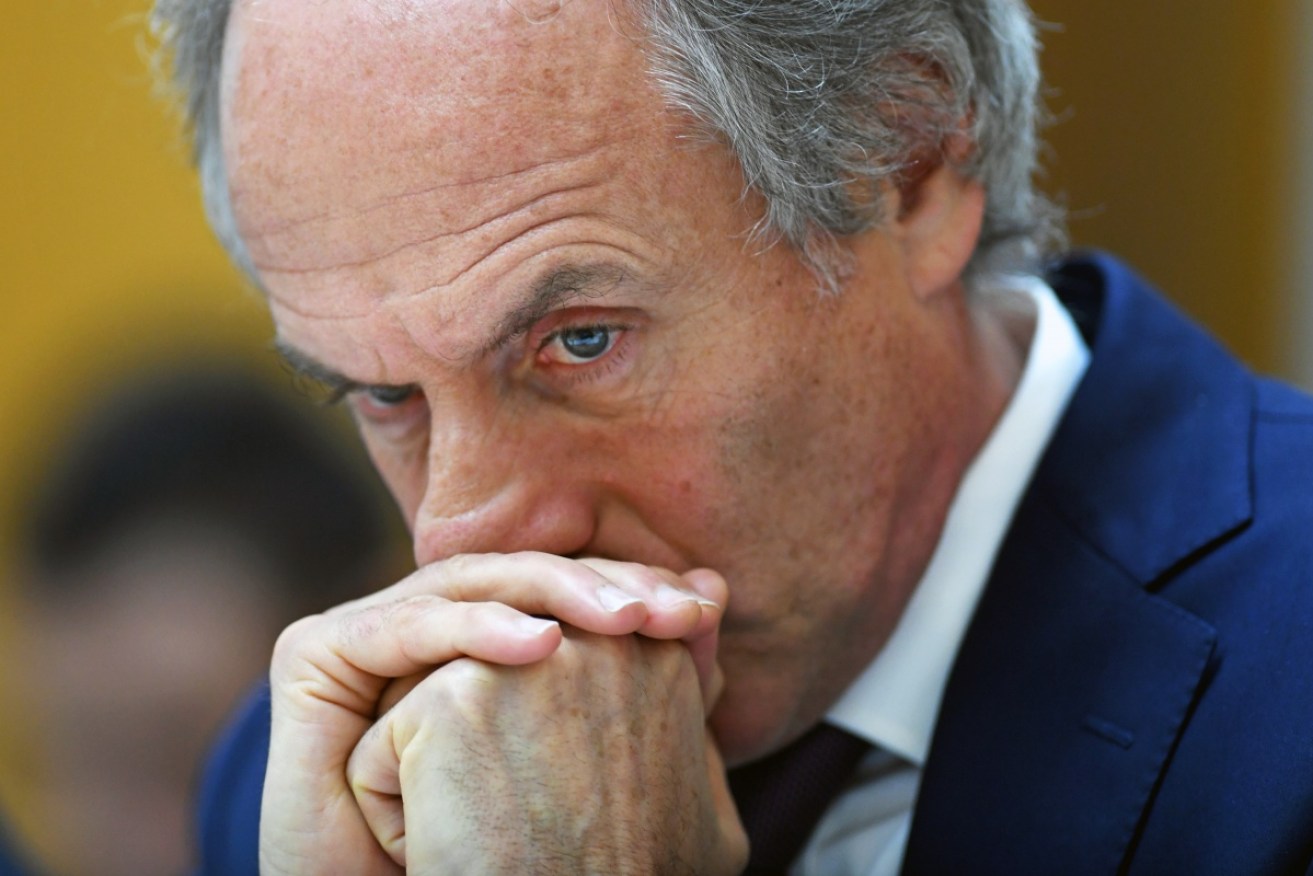Alan Finkel asks for the impossible: bipartisanship


Chief scientist Alan Finkel is poised to unveil the National Hydrogen Strategy. Photo: AAP
When Chief Scientist Dr Alan Finkel released his blueprint for creating “a world-class electricity system” he warned that “more of the same is not an option”.
Funny he should say that. Most Australians are thinking the very same thing.
As various polls have been showing for some time, Australians are sick of the bickering, the posturing, the point-scoring by both sides in Canberra that has usurped the national interest.
In no area of public policy is this clearer than energy.
We heard ad nauseam Kevin Rudd’s entreaty that “climate change is the great moral challenge of our generation”. He said it 10 years ago. In that time energy policy has been blighted by inaction, half-actions and overreaction.
On the latter score, Prime Minister Malcolm Turnbull’s overwrought announcement in March of the $2 billion expansion of the Snowy Hydro Scheme was at best a wildly premature statement, at worst a cynical distraction from the hardening reality that Australia’s ramshackle national energy system was badly failing consumers, especially in South Australia.
Energy Minister Josh Frydenberg’s unrelenting feud with SA Premier Jay Weatherill is a prime example of partisan politics coming before policy.
So when Dr Finkel declared that Australia cannot afford business as usual, most Australians breathed a sigh of relief.
His review promised four key benefits: reliability, increased security, cheaper electricity and lower emissions.
The centrepiece was a national Clean Energy Target (CET) – backed by a “national emissions reduction trajectory” – a mechanism to reduce emissions while supporting security and reliability and stimulate new investment in power generation.
Under the CET, electricity generators would be issued certificates for the electricity they produce below the emissions intensity threshold.
The scheme would be “technology neutral” – that is, all forms of electricity generation would be eligible, including coal. But coal-powered generators would only be eligible for reward if they come under the threshold. Electricity retailers would be required to purchase certificates to demonstrate their electricity comes from low-emissions generators.

Dr Alan Finkel is trying to untangle Australia’s energy war.
The Finkel report, like its namesake, is thoughtful, nuanced and rigorous. It points the way, but does not absolve political leaders of the need to make decisions in the national interest and in the interest of future generations.
“My main ambition for the last eight months has been to pull together all submissions, ideas and consultations and to put together, in the voice of the panel, a single credible package for adoption,” he told The Australian. “The next phase is up to the leadership of our states and territories and national government.”
Sadly, the politics have already started.
We were greeted with reports on Tuesday night that no less than 25 members of the backbench had rebelled against the report during a Coalition party room meeting earlier that day.
There had been early warning signs. Liberal backbencher Craig Kelly had called for higher benchmark emission targets to accommodate the coal industry and Liberal senator Eric Abetz had accused Dr Finkel of using “creative assumptions”.
Former prime minister Tony Abbott, who owes his brief tenure at the top to his shameless politicisation of climate change, had predictably hit out at the CET as a “tax on coal”.
It is now up to Mr Turnbull to stare down the most reactionary of his backbenchers. The bad news for the environment is that he has not shown a willingness to do so during his tepid prime ministership.
Assuming Mr Turnbull can get his house in order, he will also need bipartisan support to implement the Finkel report.
Soon after details leaked from the Coalition party room, Bill Shorten called a press conference pledging solemnly that he was “open to being bipartisan”. But then came the political barb.
“If Mr Turnbull can’t run his own party, how on earth can he run the government? How on earth can he run Australia?”
It sounds like business as usual in Canberra. Just what the Doctor didn’t order.
Leo D’Angelo Fisher is a former associate editor and columnist with BRW and columnist for the Australian Financial Review. He was also a senior writer at The Bulletin magazine.








